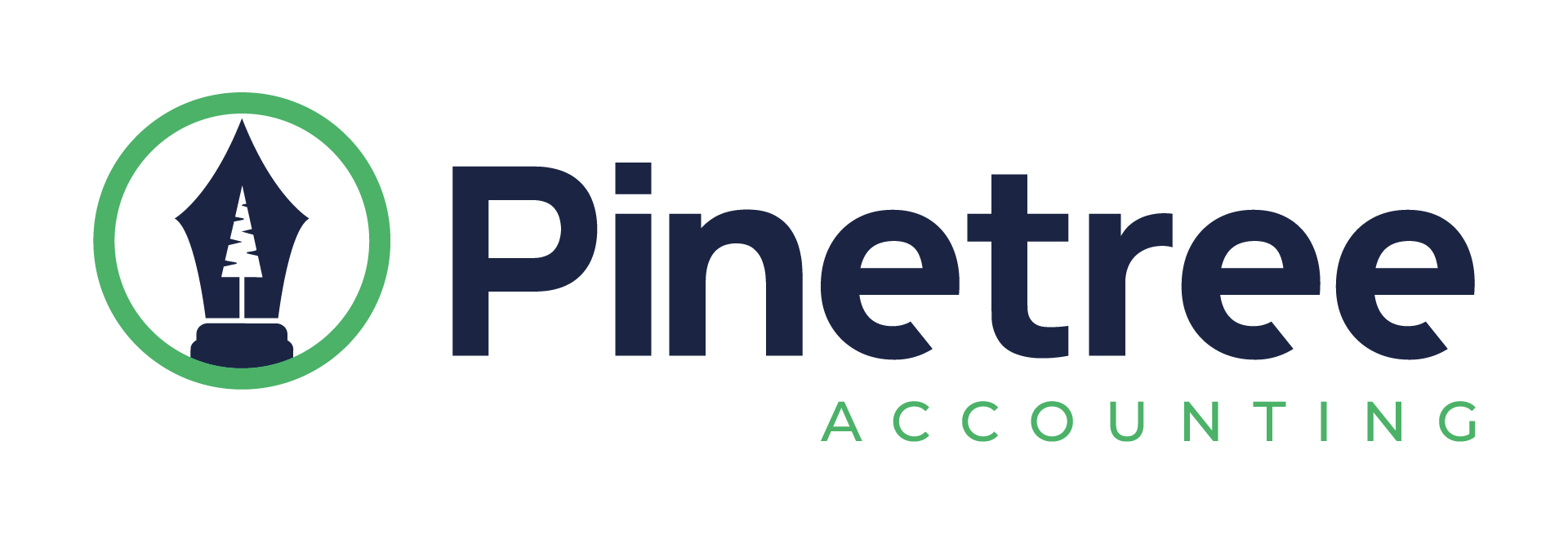Introduction
In the dynamic business landscape of Hong Kong, effective tax planning is crucial for maximizing profits and ensuring long-term success. Hong Kong’s favorable tax environment offers numerous opportunities for businesses to optimize their tax liabilities legally and efficiently. Tsim Sha Tsui-based firms like Pinetree Accounting Services specialize in crafting tailored tax strategies that enhance profitability while ensuring compliance with local regulations.
Understanding and leveraging Hong Kong’s unique tax incentives can significantly impact your business’s bottom line. This article delves into practical tax strategies that can help businesses in Hong Kong maximize profits, minimize liabilities, and maintain robust compliance.
1. Understanding Hong Kong’s Corporate Tax Environment
Hong Kong is renowned for its competitive corporate tax rate, which currently stands at 16.5% on assessable profits. For the first HKD 2 million of profits, the rate is even lower at 8.25% for qualifying entities, providing substantial savings for small and medium-sized enterprises (SMEs). This territorial tax system means that only profits arising in or derived from Hong Kong are taxable, offering additional benefits for businesses with international operations.
Key tax regulations that impact profitability include the Inland Revenue Ordinance (IRO), which outlines taxable income, allowable deductions, and compliance requirements. Non-compliance can result in hefty penalties, making it imperative to adhere strictly to these regulations. Professional corporate secretarial services can assist businesses in maintaining compliance with statutory obligations, including timely filings and accurate record-keeping.
2. Leveraging Tax Deductions and Business Expenses
Maximizing deductible expenses is a fundamental strategy for reducing taxable income. In Hong Kong, businesses can deduct expenses that are wholly and exclusively incurred in the production of assessable profits. Common deductible expenses include:
- Office Rent and Utilities: Costs for maintaining business premises.
- Staff Salaries and Payroll Services**: Wages, bonuses, and benefits provided to employees.
- Depreciation of Fixed Assets: Allowances for wear and tear of assets like machinery and equipment.
- Marketing and Advertising Expenses: Costs associated with promoting the business.
For SMEs, additional deductions may be available under specific schemes designed to support small businesses. Efficient payroll services can optimize tax liabilities by accurately calculating mandatory contributions and ensuring compliance with the Mandatory Provident Fund (MPF) schemes.
3. Utilizing Hong Kong’s Tax Incentives and Exemptions
Hong Kong offers various tax incentives to stimulate growth in key sectors:
- Research and Development (R&D) Tax Deduction: Enhanced deductions of up to 300% for qualifying R&D expenditures.
- Tax Concessions for Specific Industries: Reduced tax rates for sectors like maritime, aircraft leasing, and professional reinsurance.
- Capital Allowances: Accelerated depreciation for certain capital expenditures.
New businesses can leverage company formation services to structure their operations optimally from the outset, ensuring they meet the criteria to benefit from these incentives. Start-ups and SMEs may qualify for exemptions or reduced rates under schemes like the two-tiered profits tax rates regime.
4. Structuring Business Operations for Tax Efficiency
Selecting the appropriate business structure can have significant tax implications:
- Sole Proprietorship: Simplest form but offers less flexibility in tax planning.
- Partnership: Allows income splitting but may expose partners to unlimited liability.
- Corporation: Provides liability protection and more avenues for tax optimization.
Strategies such as income splitting among family members or through dividend distributions can minimize overall tax liabilities. Engaging bookkeeping and accounting services ensures accurate financial records, enabling businesses to implement these strategies effectively and comply with regulatory requirements.

5. Capital Gains Tax Planning and Asset Management
Hong Kong does not impose capital gains tax, presenting opportunities for businesses and investors:
- Asset Disposal: Profits from the sale of capital assets are generally not taxable.
- Investment Strategies: Encourages investment in property, stocks, and other assets without the burden of capital gains tax.
However, distinguishing between capital gains and trading profits (which are taxable) requires careful planning. Audit arrangement services play a crucial role in reviewing transactions to ensure they are classified correctly, thereby maximizing tax benefits and maintaining compliance.
6. Managing International Tax Implications
For businesses with international operations, understanding Hong Kong’s double taxation agreements (DTAs) is essential:
- DTAs: Hong Kong has agreements with over 40 jurisdictions, preventing double taxation and providing tax relief.
- Foreign Income: Income earned overseas may be exempt from Hong Kong tax, depending on its source.
Effective tax strategies involve structuring cross-border transactions to benefit from DTAs. Assistance with immigration documentation is also vital for expatriate employees and business expansions, ensuring compliance with both tax and immigration laws.
7. Preparing and Filing Profit Tax Returns Accurately
Timely and accurate tax filings are critical to avoid penalties and maximize deductions:
- Deadlines: Profit Tax Returns are typically due within one month from the date of issue.
- Required Documentation: Audited financial statements, detailed schedules, and supporting documents.
Errors or late filings can result in fines and additional scrutiny from tax authorities. Utilizing professional tax return services ensures that all allowable deductions are claimed, and filings are compliant with the IRO, ultimately enhancing profitability.
Table: Quick Reference – Key Tax Strategies for Hong Kong Businesses
| Strategy | Relevant Pinetree Service | Potential Tax Savings |
| Maximize Deductible Expenses | Payroll Services, Bookkeeping | Reduced taxable income |
| Leverage Tax Incentives | Company Formation, Corporate Secretarial | Access to lower tax rates and exemptions |
| Optimize Business Structure | Accounting Services, Audit Arrangement | Enhanced tax efficiency |
| Manage International Tax Obligations | Immigration Assistance, Tax Returns | Avoidance of double taxation |
| Accurate Tax Filing and Compliance | Tax Return Services, Corporate Secretarial | Avoidance of penalties and interest charges |
Conclusion
Effective tax planning is a vital component of maximizing business profits in Hong Kong. By understanding the local corporate tax environment, leveraging deductions and incentives, and structuring operations efficiently, businesses can significantly reduce their tax liabilities. Hong Kong’s favorable tax policies, combined with professional guidance, offer a pathway to enhanced profitability and sustainable growth.
Tsim Sha Tsui-based Pinetree Accounting Services is equipped to provide tailored tax strategies that align with your business goals. From compliance to optimization, our expert team ensures you navigate the complexities of Hong Kong’s tax landscape with confidence.
Investing in professional tax guidance not only safeguards your business against compliance risks but also unlocks opportunities for financial optimization. Contact Pinetree Accounting Services today to discover how we can assist you in maximizing your business profits through effective tax strategies.





